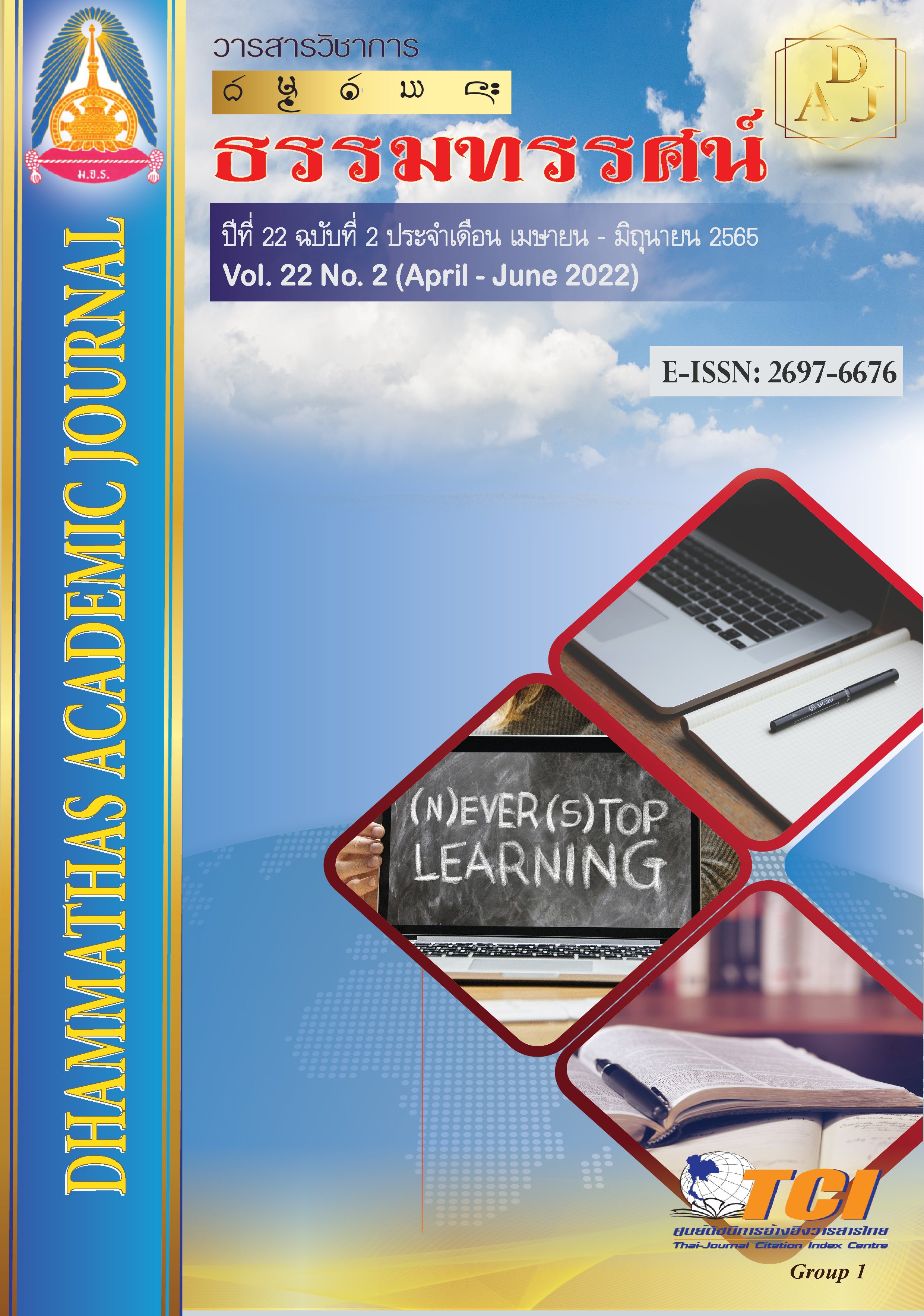Implementation of Social Engineer Skills Development Policy for Specific Case Studie of the SRU youth Project to Build a Nation
Main Article Content
Abstract
This research aims 1) to study the success of implementing the policy of the SRU youth project, build a nation towards becoming a social engineer graduate, consisting of 3 dimensions: skills, knowledge application; and in applying knowledge or innovation to promote the community. 2) to study the factors affecting the implementation of the policy of the SRU youth Project, build a nation project to become a social engineer graduate into practice. This qualitative research use an in-depth interview with key informants such as the including the rector or acting on behalf of the rector community representatives participating in the project consultant and the head of the student group participating in the project/representative, total of 58 people were purposive sampling. Data analysis was done by using content analysis technique.
Findings were as follows:
1. The success of implementing the policy of the SRU youth project, build a Nation towards becoming a social engineer graduate, found that 1) students had skills in social engineers such as analytical thinking skills, cause-effects, communication skills, and social engineering skills. The skill of working with others without conflict and skills to create innovation for society and be able to use this knowledge to develop society so that students can use those skills to improve the local level. 2) Students can apply their knowledge in real practice. Solve problems and develop communities in various dimensions by using social engineers 5C social engineer model to lead to policy implementation.
3) Students apply knowledge or innovations in Surat Thani Rajabhat University to benefit in promoting the community to be self-reliant and self-management.
2. As for the factors affecting the implementation of the policy of the SRU youth project, build a Nation towards becoming a social engineer graduate, namely personnel factors. Local Community Factors and social engineer factors.
Article Details

This work is licensed under a Creative Commons Attribution-NonCommercial-NoDerivatives 4.0 International License.
เพื่อให้เป็นไปตามกฎหมายลิขสิทธิ์ ผู้นิพนธ์ทุกท่านต้องลงลายมือชื่อในแบบฟอร์มใบมอบลิขสิทธิ์บทความ ให้แก่วารสารฯ พร้อมกับบทความต้นฉบับที่ได้แก้ไขครั้งสุดท้าย นอกจากนี้ ผู้นิพนธ์ทุกท่านต้องยืนยันว่าบทความ ต้นฉบับที่ส่งมาตีพิมพ์นั้น ได้ส่งมาตีพิมพ์เฉพาะในวารสาร วิชาการธรรม ทรรศน์ เพียงแห่งเดียวเท่านั้น หากมีการใช้ ภาพหรือตารางของผู้นิพนธ์อื่นที่ปรากฏในสิ่งตีพิมพ์อื่นมาแล้ว ผู้นิพนธ์ต้องขออนุญาตเจ้าของลิขสิทธิ์ก่อน พร้อมทั้ง แสดงหนังสือที่ได้รับการยินยอมต่อบรรณาธิการ ก่อนที่บทความจะได้รับการตีพิมพ์References
เกรียงศักดิ์ เจริญวงศ์ศักดิ์. (2563). สร้างนวัตกรรมทางการศึกษาด้วยการสร้างนวัตกรรมผลกระทบสู่ความยั่งยืน. วารสารวิชาการ มหาวิทยาลัยราชภัฏบุรีรัมย์ มนุษยศาสตร์และสังคมศาสตร์, 7(1), 1-24.
ถนอมขวัญ อยู่สุข. (2563). การบริหารการพัฒนาชุมชนไทยในยุคเทคโนโลยีสารสนเทศ (IT). วารสาร มจร อุบลปริทรรศน์, 5(3), 605-618.
วนิดา เสร็จกิจ. (2563). การพัฒนาชุมชนอย่างยั่งยืนในบริบทของการพัฒนาประเทศ. วารสารเศรษฐศาสตร์การเมืองบูรพา, 8(1), 81-106.
ศิรินันท์ หล่อตระกูล และวัชรินทร์ สุทธิศัย. (2561). รูปแบบการนำนโยบายไปปฏิบัติขององค์การบริหารส่วนจังหวัดกาฬสินธุ์. วารสาร สังคมศาสตร์ วิชาการ, 10(3), 9-25.
สำนักงานปลัดกระทรวงอุดมศึกษา วิทยาศาสตร์ วิจัยและนวัตกรรม. (2563). กรอบแนวทางการดำเนินการตามมาตรฐานกิจการนักศึกษา. กรุงเทพฯ: พิมพ์ลักษณ์.

